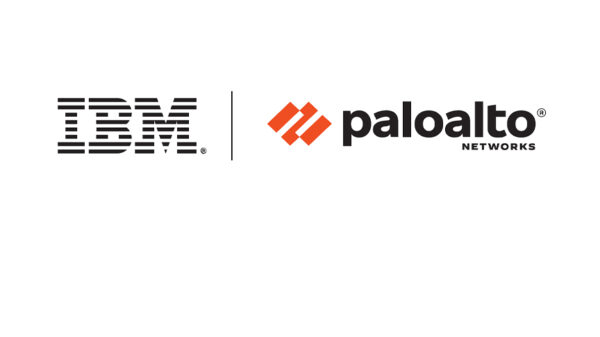“Some still perceive cloud only as an Infrastructure as a Services (IaaS) rather than a Platform as a Service (PaaS), where vendors can provide most of the cloud services that clients still need to manage in IaaS environments.”
This is according to Catherine Palma, Country Manager for IBM Cloud.
In the experience of IBM Cloud, the top three specific issues about cloud adoption encountered in offering services in clients in the Philippines are: 1) Industry regulations and compliance requirements around the protection of their client’s personal data when being processed; 2) Their applications are not cloud-ready and will require a massive rebuild to move to the cloud; and 3) Their data is sensitive, they are unsure about the level of security cloud provides.
“Most companies are in the very early stages of their journey to the cloud. Indeed, less than 20% of enterprise workloads have moved to the cloud. Why? Because the initial focus has been on the low-end infrastructure-as-a-service opportunity. While this segment of the cloud market is rapidly becoming the new dial tone of IT, a commodity service, most companies are starting to turn their attention to leveraging the cloud to rethink how they manage and optimize core business processes,” Palma said.
The company offers “customer-based or industry-based cloud discovery sessions that present relevant use cases that our clients can learn from and assess their own cloud adoption readiness. We offer a combination of consulting, technology and services package-models for prioritized use cases for their business.”
For Palma, “IBM Cloud offers the opportunity to extract valuable data from these business processes, integrate it across the enterprise and with external data sets, and apply new services to that data such as AI, Blockchain and analytics. This higher value cloud opportunity requires a different cloud strategy. The cloud needs to be optimized for enterprise data. It requires enterprise grade security. It must allow for the portability of data and apps across cloud environments. It requires deep business process expertise.”
Palma added: “IBM offers both high-value and high opportunity — you can test emerging technologies, such as blockchain and even our quantum computer, on our cloud (and testing on quantum is free).”
With IBM, clients have “a highly flexible, open, hybrid-cloud capabilities which allow them to move data and applications across private and public environments securely; industry-leading Cloud-based services, such as AI, Blockchain and Cybersecurity; deep industry, business process and workflow expertise; and a commitment to the secure, responsible management of enterprise data.”
IBM, said Palma, continues to invest in the cloud (public, private, hybrid and multi-cloud), and “we continue to strengthen the portfolio to deliver best-in-class Cloud solutions and services to the market.”
The company launched IBM Cloud Private in 2018 to enable companies to create on-premises cloud capabilities similar to public clouds. Since then, more than 300 clients have already signed up for it, including Hertz, Brazilian bank Bradesco, Finland insurer Ilmarinen and Macedonian payments operator KIBS. The company also forged strategic partnerships with Box, VMware, Salesforce and SAP to drive hybrid cloud adoption. And for Palma, “analysts clearly agree with this strategy as IDC recently cited that 85% of enterprise IT will commit to multi-cloud architectures.”
For Palma, clients in the Philippines and elsewhere seek from vendors, a proof of value or proof of concept before they can fully commit. And so “at IBM, we tell our clients about our various investments on cloud computing technology, existing client references from both the enterprise and commercial market segments, as well as leverage the skills and experience of our cloud subject matter experts to convince them to adopt cloud.”





















































































































